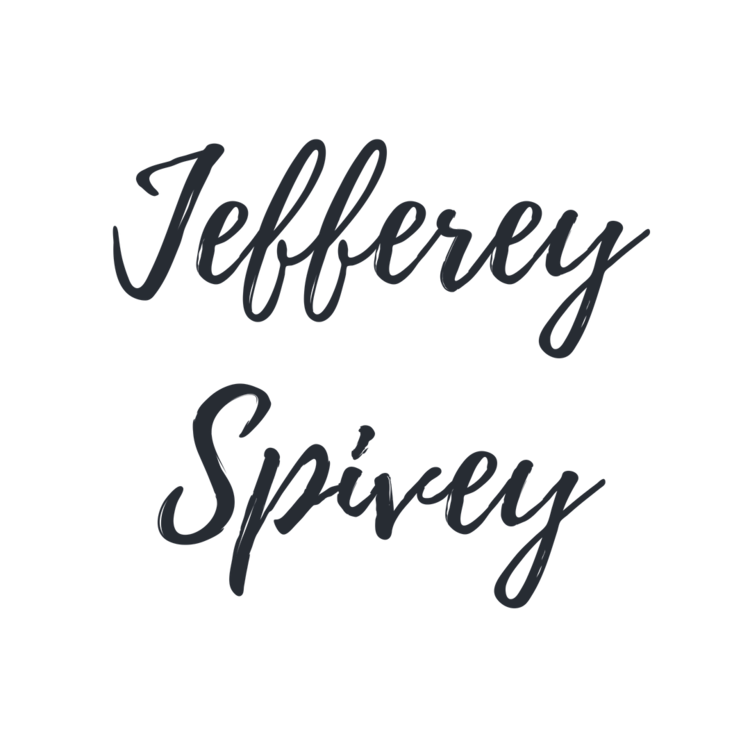In relationships of all sorts, we learn that success comes from accepting our loved ones as they are. We must parent the children before us, not their ideals; cherish all the dimensions of our spouses, shortcomings included; and so on. Attempting to reshape them in our own image is a recipe for tension at best and fury-laden dissolution at worst.
Growth comes not from pushing others to manifest our dreams but from allowing them space to realize their own. And yet, time and again, so many connections are built upon false pretenses. There’s a temporary acceptance of certain flaws because of an unrealistic expectation that the blemishes can be camouflaged or repaired. It feels easier to hope for the best rather than strategize for the worst.
The protagonist in “Aftertaste” finds himself in one such friendship, in which he willingly allows himself to be molded into someone new while simultaneously trying to transform the molder. Disagreements abound, doubts surface. But with each recovery, the friends return to their magical thinking, adding more weight to their rickety foundation. The question that arises is not if their connection will end but rather who will be struck by reality first.
““What meaningful connection was bred from reimagining someone in your vision? Was the person you befriended a person at all or an avatar for your own wants, needs, and deficiencies?””
Read “Aftertaste” in full at Hive Avenue Literary Journal.


